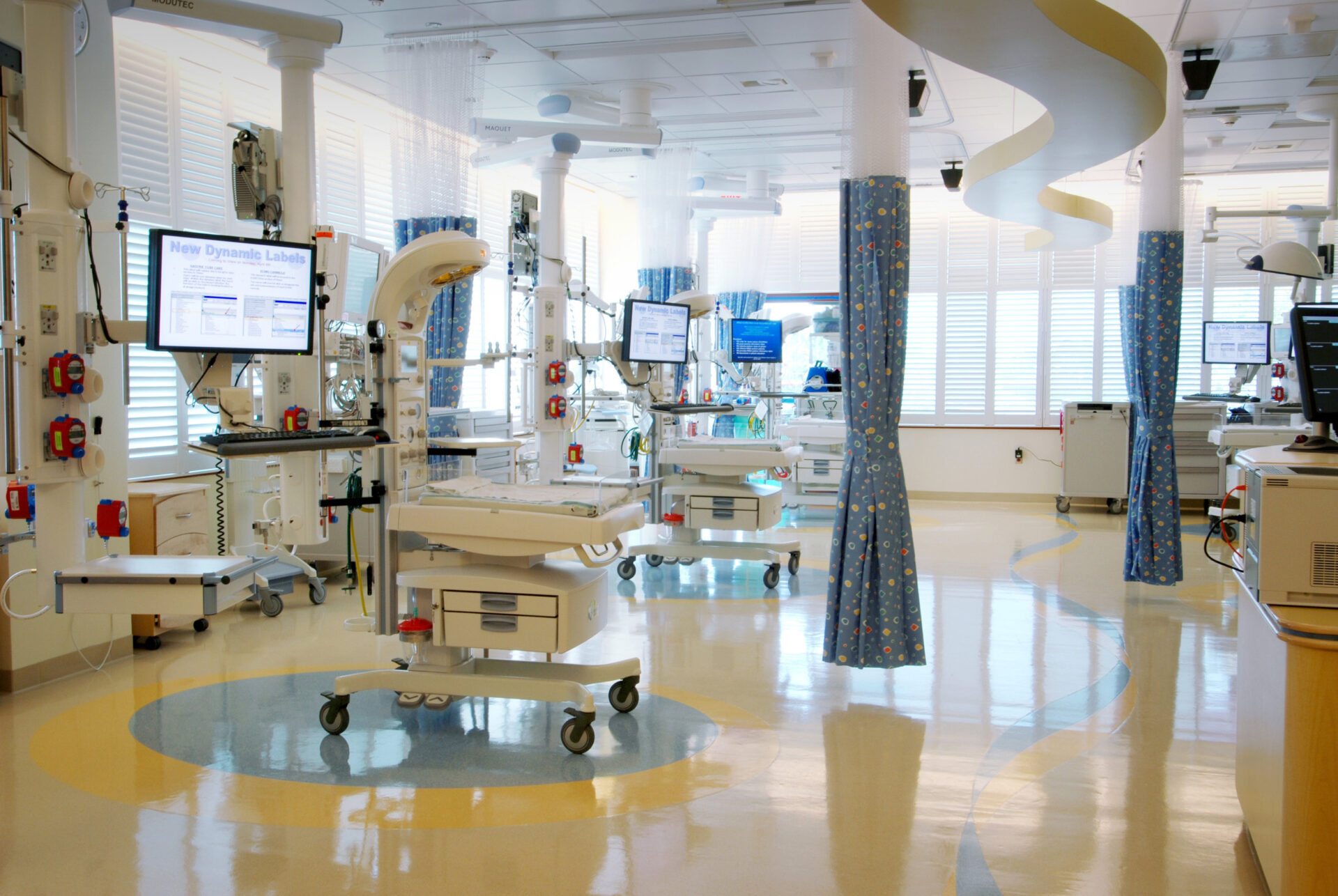PMC to Set Up ICU Units in Three Major Civic Hospitals to Boost Emergency Care
Pune’s Healthcare Infrastructure Set to Grow
The Pune Municipal Corporation (PMC) has made an important stride in enhancing the city’s healthcare system by announcing the establishment of Intensive Care Units (ICUs) in three of its major civic hospitals. Kamala Nehru Hospital, Rajiv Gandhi Hospital, and Sonawane Hospital will soon be equipped with modern ICU facilities to cater to critical patients. This initiative, set to be approved by the municipal commissioner, is a much-needed upgrade in the city’s public healthcare infrastructure.
Currently, there are no ICU facilities in any of the PMC’s municipal healthcare institutions. This gap has often led to overcrowding at facilities like Sassoon General Hospital, which is frequently at full capacity. With the addition of the new ICU units, patients requiring immediate, high-level care will have greater access to life-saving services within the PMC network itself, alleviating pressure on private hospitals and Sassoon General Hospital.
Addressing the Health Crisis in Pune
Dr Nina Borade, the health chief at PMC, stated that the introduction of these ICUs is a crucial step in improving the emergency healthcare services offered by the city’s civic hospitals. The proposed 15-bed ICUs will be managed by expert doctors and skilled medical staff, ensuring high-quality care. Health experts and activists agree that the move is long overdue, given the increasing number of patients requiring urgent medical intervention, especially in a city as populous as Pune.
Local residents have also expressed relief at the news. Anita Jadhav, a Mangalwar Peth resident, shared her experiences of relying on PMC hospitals for family healthcare. “This is a relief for common people like us,” she said. “Private hospitals are expensive, and the ICU facility at Sassoon is always full.” This sentiment resonates with many Pune residents, who often find themselves forced to seek costly private healthcare due to limited availability in public hospitals.
Sustainability and Equity in Healthcare
This initiative goes beyond just improving medical services; it’s an essential step towards creating a more equitable healthcare system in Pune. The new ICU facilities will help bridge the gap in healthcare access for low- and middle-income residents who may not have the financial means to afford private hospital care. The plan to offer these ICU services at no cost will ensure that emergency care is available to all, regardless of socioeconomic status.
From a sustainability perspective, this development also highlights the growing importance of accessible, public healthcare in urban settings. The move by PMC demonstrates a commitment to building long-term resilience in the healthcare sector, ensuring that the system is prepared for emergencies without overburdening private institutions. Additionally, by expanding its ICU capacity, the PMC is investing in human capital, training more healthcare professionals and strengthening the city’s public health infrastructure for future generations.
A Step Toward Comprehensive Healthcare Reform
While the establishment of ICU units in these hospitals represents a positive step, ongoing concerns remain regarding the long-term sustainability of such initiatives. Sharad Shetty, a health activist, raised an important point, stating that the maintenance of these units, proper staffing, and continuous funding are essential to ensuring their success. It will be crucial for PMC to provide ongoing support to these units, both in terms of resources and skilled personnel.
Moreover, the city’s public healthcare system must keep pace with growing demand. Pune is rapidly urbanising, and the expansion of healthcare services will be a crucial factor in ensuring the well-being of its residents. The government’s focus on strengthening the civic healthcare infrastructure, while ensuring sustainability, will be key to ensuring that future generations have access to quality care when they need it most.


